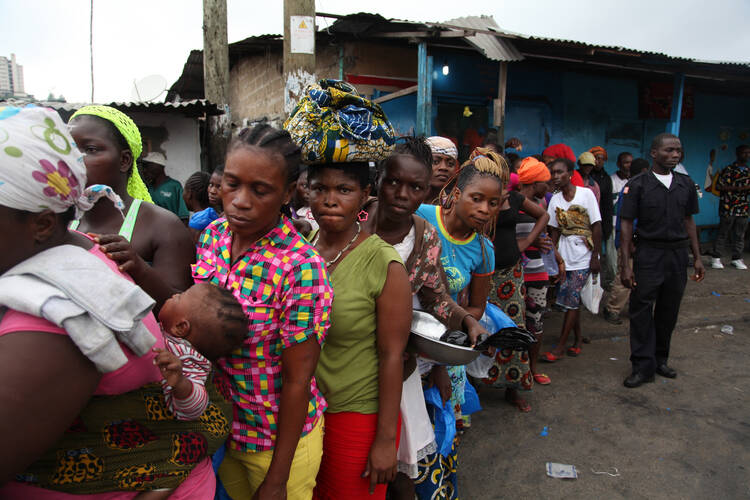As it has for most people, news of the Ebola virus has sparked many thoughts for me, and one of the things I keep returning to is the way fears about infection have highlighted our dependence and vulnerability. Inescapably we are social creatures. My good is connected to your good. Your decision-making affects my well-being. No man, to borrow from Donne, is an island.
I know what you might be thinking: Thank you, Captain Obvious. But as obvious as that might seem, do we really appreciate it? Does the typical American truly understand how much his or her security depends upon the thoughtfulness and prudent decision-making of others? When you get in your car, for example, do you ever stop to consider that people's lives—those of other drivers, for example—are in some sense in your hands? Do you ever consider how completely you'll have to rely upon fellow citizens—most being complete strangers—if you were to fall gravely ill?
I wonder: How do we nourish a rich sense of the depth of our interdependence? With all the "i" this and "i" that, what reinforces the "we"? What calls us not to indulge, but to restrain—to forgo a particular action for the sake of the common good?








